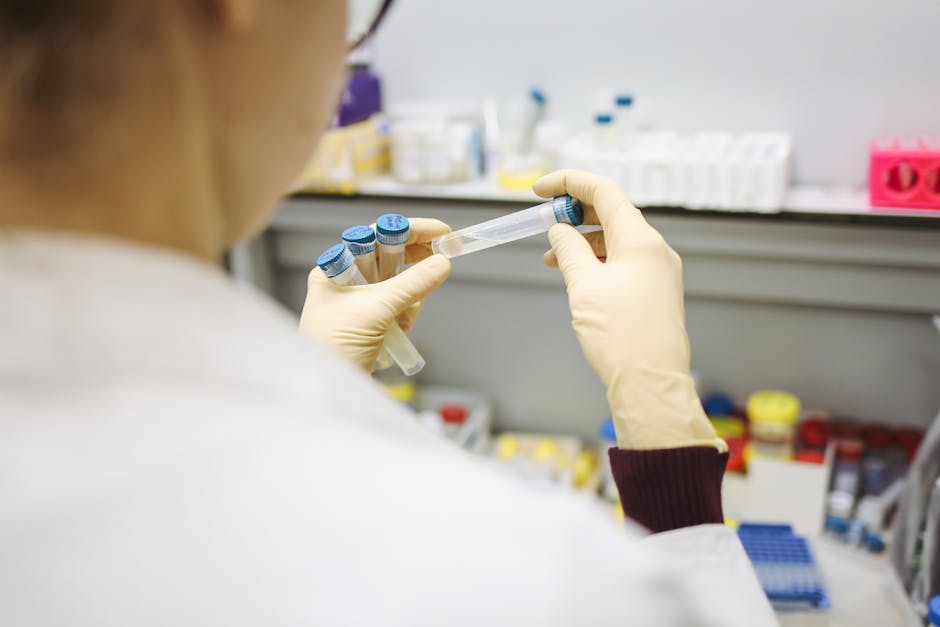COVID-19 Vaccines: A Comprehensive Guide to Types, Efficacy, Safety, and Side Effects
The COVID-19 pandemic fundamentally altered global health and daily life. A crucial element in combating this unprecedented challenge was the rapid development and deployment of COVID-19 vaccines. This comprehensive guide delves into the various types of vaccines, their efficacy, safety profiles, potential side effects, and the ongoing evolution of vaccination strategies.

Understanding COVID-19 Vaccines: How They Work
COVID-19 vaccines work by training your immune system to recognize and fight off the SARS-CoV-2 virus, which causes COVID-19. They don’t contain live viruses and therefore cannot give you COVID-19. Instead, they introduce a part of the virus or a blueprint for the virus’s spike protein, allowing your body to build immunity without causing illness.
Types of COVID-19 Vaccines
Several types of COVID-19 vaccines have been developed and authorized for use. The key types include:
- mRNA Vaccines (e.g., Pfizer-BioNTech, Moderna): These vaccines use messenger RNA (mRNA) to instruct your cells to produce a harmless piece of the virus’s spike protein. Your body then recognizes this protein as foreign and mounts an immune response.
- Viral Vector Vaccines (e.g., Johnson & Johnson/Janssen, AstraZeneca): These vaccines use a modified, harmless virus (the vector) to deliver genetic material encoding the spike protein into your cells. Your body then produces the spike protein and develops immunity.
- Inactivated Vaccines (e.g., Sinovac, Sinopharm): These vaccines use inactivated (killed) versions of the SARS-CoV-2 virus. While weakened, they still trigger an immune response.
- Protein Subunit Vaccines (e.g., Novavax): These vaccines use only the spike protein of the virus, without any viral genetic material. The spike protein is produced in a lab and is presented to the immune system to trigger an immune response.
Efficacy and Effectiveness of COVID-19 Vaccines
The efficacy of a vaccine refers to its ability to prevent illness in a controlled clinical trial setting. Effectiveness, on the other hand, refers to how well the vaccine performs in the real world. Efficacy rates vary slightly between different vaccine types, but generally, all authorized COVID-19 vaccines are highly effective at preventing severe illness, hospitalization, and death from COVID-19.

It’s crucial to note that vaccine effectiveness can be affected by factors such as the emergence of new variants and the individual’s immune response. Booster shots are often recommended to maintain high levels of protection against evolving variants.
Safety and Side Effects of COVID-19 Vaccines
COVID-19 vaccines have undergone rigorous testing and have proven to be remarkably safe. Common side effects are generally mild and temporary, and they’re a sign that your body is building immunity. These can include:
- Pain, redness, or swelling at the injection site
- Fatigue
- Headache
- Muscle aches
- Chills
- Fever
Serious side effects are rare. Individuals with specific underlying health conditions may have a slightly higher risk of experiencing adverse events, and it is important to discuss any concerns with a healthcare professional before vaccination.
COVID-19 Vaccine Variants and Boosters
The SARS-CoV-2 virus has evolved, leading to the emergence of new variants like Alpha, Beta, Gamma, Delta, and Omicron. These variants can sometimes evade the immune response generated by the original vaccines. This is why booster shots are vital in maintaining high levels of protection against these newer variants and preventing severe illness. Booster shots are designed to refresh and strengthen the immune response, providing broader and longer-lasting protection.
Who Should Get a COVID-19 Vaccine?
COVID-19 vaccination is recommended for most individuals aged 6 months and older. However, individuals with specific health conditions or allergies should consult their doctor before receiving the vaccine. Vaccination is a crucial tool in protecting individuals and the wider community from the severe consequences of COVID-19.
Addressing Vaccine Hesitancy
Vaccine hesitancy remains a significant challenge in achieving widespread immunity. Hesitancy is often driven by misinformation and concerns about vaccine safety and efficacy. It’s crucial to rely on credible sources of information, such as the Centers for Disease Control and Prevention (CDC) and the World Health Organization (WHO), to make informed decisions about vaccination. Understanding the science behind vaccine development and efficacy, and engaging in open discussions with healthcare professionals, can help alleviate concerns and promote informed choices.
The Future of COVID-19 Vaccination
Research continues to refine and improve COVID-19 vaccines. Scientists are exploring new vaccine platforms and adapting existing vaccines to better target emerging variants. The goal is to develop vaccines that offer even broader protection, longer-lasting immunity, and simpler administration methods. Ongoing surveillance and research are crucial to maintaining preparedness against potential future outbreaks.

Conclusion
COVID-19 vaccines have played a pivotal role in mitigating the impact of the pandemic. Understanding their different types, efficacy, safety profiles, and the need for boosters is essential for making informed decisions about vaccination. By working together and relying on credible information, we can protect ourselves and our communities against this ongoing global health challenge.

